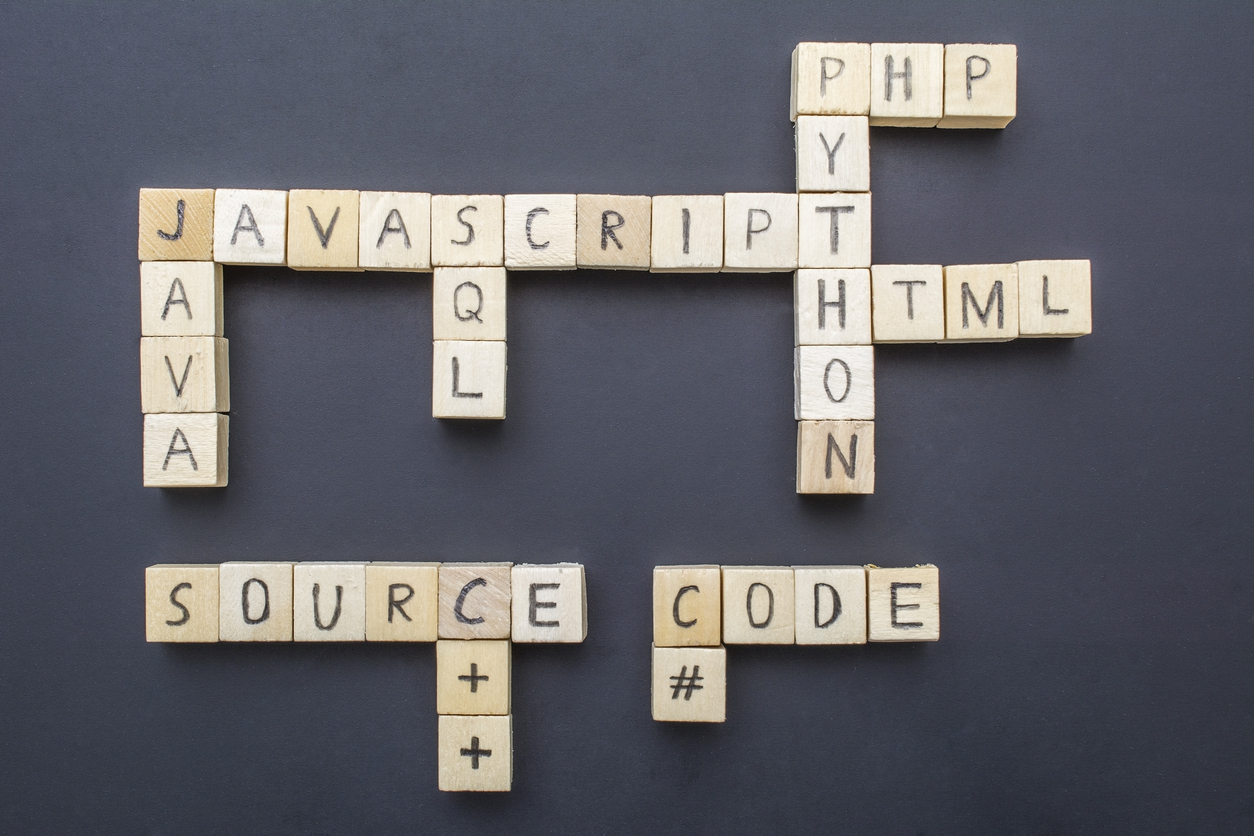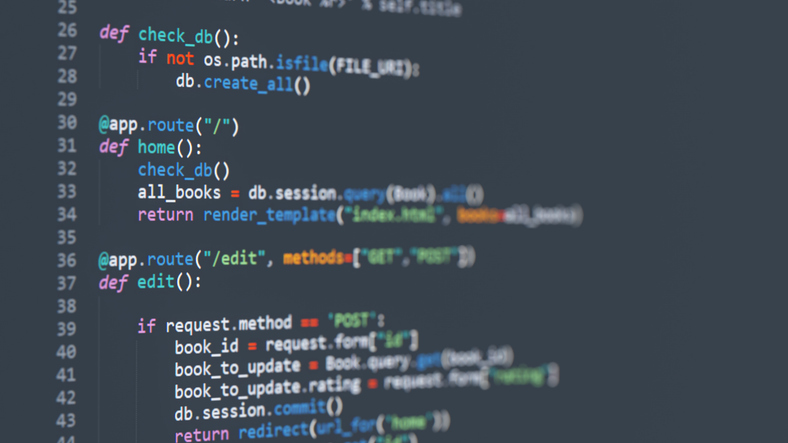4 min read
Getting Started with Python: Installation and Basics
Embarking on the journey of learning programming is like setting sail into a vast ocean of opportunities. Among the numerous languages charting the...
3 min read
![]() The Amazing Team at Skills Data Analytics
:
Apr 15, 2024 8:29:04 AM
The Amazing Team at Skills Data Analytics
:
Apr 15, 2024 8:29:04 AM
Diving Deep into Python's Ecosystem
Have you ever felt like a kid in a candy store, eyes wide with wonder, not knowing where to start? That's exactly how diving into Python's ecosystem feels. This ecosystem is bustling with libraries, packages, and modules, each with its unique allure. But before we get lost in this candy store, let's clarify what these terms mean.
Now, why is this important? Imagine trying to bake a cake from scratch every single time you craved something sweet. It’s not just time-consuming; it's an exhaustive effort. Python’s libraries, packages, and modules are your pre-made ingredients. They allow you to whip up that cake (or code) much faster, focusing on enjoying the end product rather than worrying about the nitty-gritty.
Let's take a real-world example to make it even clearer. Suppose you're planning a trip. You need maps, travel guides, language translation, and so on. You could gather all this information yourself, or you could use a travel app that has all these features integrated. Python libraries work like this app, offering you a collection of modules (features) that you can use to make your coding journey smoother.
The Magic of Exception Handling and Error Management
No adventure is without its challenges, and in our coding journey, errors are those unforeseen hurdles. But, fear not! Python equips us with a powerful tool - exception handling. Think of it as the shield that protects your code’s kingdom from crashing at the sight of an enemy (error).
Imagine you're reading a file that doesn't exist. Without exception handling, your program would crash, leaving users confused and frustrated. With exception handling, you can gracefully manage such situations, perhaps by displaying a friendly message or taking corrective action.
Here’s a simple example to show it in action:

This not only prevents your program from crashing but also enhances the user experience by providing clear, actionable feedback.
Practical Tip:
When using exception handling, be as specific with your exceptions as possible. This helps in diagnosing issues more accurately and makes your code safer and more predictable.
Unlocking Python's Potential with Libraries and Packages
The beauty of Python's ecosystem lies not just in its breadth but in how it inspires innovation. Major organizations and startups alike harness the power of Python libraries and packages to solve complex problems, automate tasks, and innovate. For instance, Netflix uses Python for server management, data analysis, and even security automation. It’s a testament to how versatile and powerful Python can be.
To integrate libraries and packages into your project effectively, here are a few tips:
As we wrap up our exploratory journey through Python's ecosystem, remember that the real adventure begins with your projects and ideas. Python's libraries, packages, and modules are like the compass, map, and gear in your coding adventure, designed to navigate through challenges and unlock new possibilities.
And if you're looking to dive deeper, remember that there are resources and communities out there, including our own bootcamp in Data Analytics, designed to help you master these aspects and much more.
Your Python journey is yours to shape. With each line of code, you're not just solving problems; you're also opening doors to new opportunities. So go ahead, start exploring, and let Python's ecosystem be the wind beneath your wings. Happy coding!
For further exploration of data analysis and analytics, check out our bootcamp program on Data Analytics.
FAQs

4 min read
Embarking on the journey of learning programming is like setting sail into a vast ocean of opportunities. Among the numerous languages charting the...

4 min read
Imagine the countless hours you've spent switching between various data manipulation tools, trying to optimize workflows, and possibly grappling with...

14 min read
There's something almost magical about the moment you realize you can make your computer do your bidding with just a few lines of code. It's like...